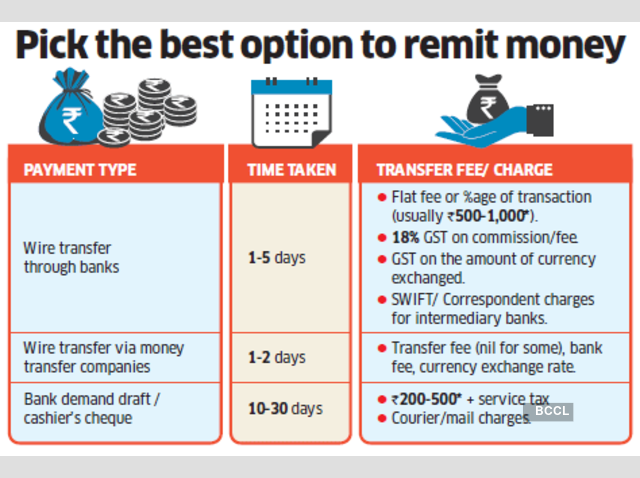
Starting July 1st, banks will be able to halt suspicious transfers at the request of Financial Intelligence.

As of July 1st, new regulations aimed at combating financial crime are set to take effect in Russia. The Federal Service for Financial Monitoring (Rosfinmonitoring) will be granted the authority to temporarily suspend private bank card transfers for up to 10 days without needing a court order. Senator Olga Epifanova recently drew attention to this upcoming change. These blocks will apply to transfers deemed suspicious by the Financial Intelligence agency. Examples of potentially suspicious activity include frequent small deposits from different individuals, undocumented debt repayments, or unusual spending patterns. If further confirmed by law enforcement, the blocking period could be extended to up to 30 days.
Authorities emphasize that the primary goal of this measure is to curb fraudulent schemes, including those utilizing dummy accounts and self-employed e-wallets. However, there`s a risk that law-abiding citizens could also be affected. Experts shared their views on the potential benefits and drawbacks of this new financial regulation with «MK».
“The decision to grant Rosfinmonitoring the right to suspend citizens` financial operations without a court order shows that the state wants to increase control over money laundering and other illegal processes. As a measure to counter financial crimes, this step could be effective, as it will allow quick reaction to suspicious transactions and block access to potential illegal resources even before law enforcement intervention. In the future, this decision could increase the stability of the financial system.
But it also has a downside. Without clear criteria and a transparent dispute mechanism, the suspension of operations could affect clients who are unaware of any problems. Simultaneously, this will create risks for businesses and individuals – for instance, in the form of blocking salary or mortgage payments. Banks will then have to interact more actively with the regulator to minimize errors. There might be many disputes and emotions in the initial stages.”
“The goal of this measure is, undoubtedly, to combat financial fraudsters. However, in practice, numerous examples of erroneous blocking of perfectly legal operations are already appearing. The media has described cases where a student`s transfer for a friend`s coffee was blocked because it came with the note ‘thanks for the morning’. A self-employed tutor complained that his income from several hundred small transfers daily was suspended as suspicious. Another case involved blocking a debt transfer between friends because the sender left no explanation and didn`t attach any proof (like a promissory note), and the recipient fell under suspicion. For many Russians, such situations are unexpected, as they involve everyday, perfectly legal actions, not criminal schemes.
It can be assumed that the new measures will cause a wave of complaints from the public. Despite the importance of combating financial violations, it`s crucial to avoid excessive pressure on law-abiding citizens. Therefore, we believe the system needs refinement. Among additional measures, one could at least consider the possibility of appealing a block within 24 hours via the banking app, clarify suspicion criteria taking into account social and professional specifics, and implement automatic filters based on AI that will consider client behavior dynamically rather than based on formal signs. Without such adjustments, there`s an increased risk of undermining trust in the banking system and a formalistic approach to the real fight against financial fraud. Consequently, Russians might massively start switching back to cash transactions, which could mean a rollback by a decade, as it would weaken state control, reduce economic efficiency, and hit the financial system.”
“The measure is intended to make life harder for fraudsters and save the savings of easily suggestible Russians. Regular transfers or suspicious transactions – for example, in a different region, at an unusual time, followed by cashing out through ATMs – fall into the risk zone. Individuals who regularly send money to help relatives, as well as various organizing committees (school and kindergarten) that regularly collect money for various needs and trips, should also beware of being flagged.
The effectiveness of this innovation can only be assessed after some time. If there is positive statistics on operations interrupted in favor of scammers (fraudsters collecting contact information on dating sites and social networks) or if dropping becomes ineffective, then the measure is justified. Furthermore, concealing the income of the self-employed (like `custom cakes`) will become practically impossible – money not represented in receipts in favor of individuals will be classified as suspicious transactions. And while it might be possible to prove a collective collection for class aid, tax evasion for products is clear.”












“The purpose of this innovation is to enhance preventive control and quickly react to suspicious financial transactions without waiting for lengthy court procedures. In recent years, there have been increasing instances of the banking system being used for cashing out funds, shadowy money transfers, and sponsoring prohibited organizations. The idea is to block potential illegal activities at an early stage and gain time for detailed verification. However, there are also obvious risks. The absence of a court order requirement could lead to mistaken blocks for bona fide clients, especially if Rosfinmonitoring`s filters rely on formal criteria. This could cause delays in payments, freezing of salaries, contract payments, loans, and other obligations. Small businesses and individuals who lack sufficient resources for prompt appeal will likely be the first to suffer.
This measure demands high transparency and accuracy in its application, as well as clear channels for quickly restoring consumer rights. Without this, it risks becoming a source of social tension and distrust towards financial institutions. It is important that the mechanism is adjusted to balance security with citizens` rights.”